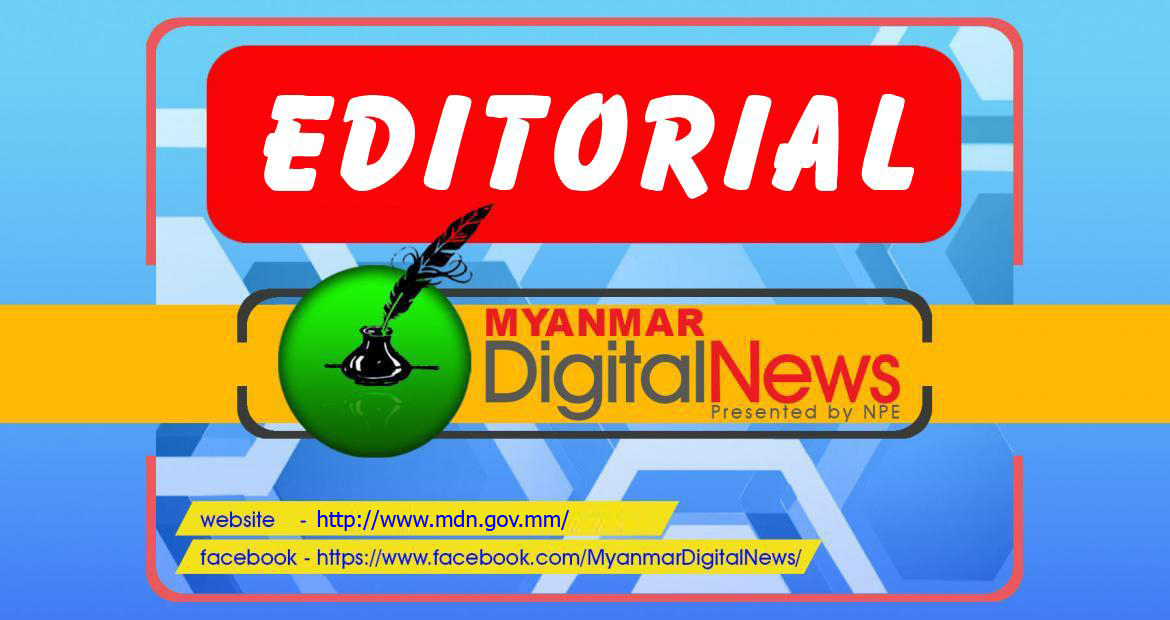January 05, 2021
Amidst the COVID-19 pandemic, the Ministry of Social Welfare, Relief and Resettlement has announced that it will resume the rehabilitation and drug treatment centres with restrictions.
According to the ministry, rehabilitation and drug treatment centres will be resumed with no more than 30 patients in line with the COVID-19 health guidelines of the Ministry of Health and Sports.
It reflects that, we, despite facing challenges from the COVID-19 pandemic, have not forgotten other health problems such as drug addiction and rehabilitation we are facing before we had a coronavirus crisis.
Before resumption of the centres, the ministry would review 17 tasks of the rehabilitation committee and would seek cooperation and coordination from the international organizations.
90-day rehabilitation centre-based trainings and 40-day community-based trainings are being conducted amidst the COVID-19 pandemic.
Drug addiction is not our country’s problem only. It is a problem for the whole world. For a developing country like Myanmar, it may seem that the problem is much more intense and difficult but due to our people’s enthusiastic spirit of sharing, we have some advantages.
Mental and physical trauma caused by addictions can contribute to higher drug use. The Ministry of Health and Sports established 26 major drug treatment centers and 47 minor drug treatment centers throughout the country.
The challenge is how to effectively prevent drug users from returning to drug use after they have stopped usage.
To overcome the challenge, we have to make them rely, trust and depend on their family and friends instead. That is why the government has opened up drug rehabilitation centres based on the people and community. Meanwhile, we need to make more efforts for providing them with vocational skills so that the addicts do not return to drugs.
Hence, all hands from the governmental and private sectors should be on deck to effectively carry out measures for rehabilitation, and conducting vocational skills trainings for the patients to ensure they get back on their feet as the government is drawing plans for them.
It is something everyone can collaborate in this drive. It doesn’t matter what race you are, what religion you follow or what political stance you’ve taken; it concerns humanity and compassion and the stabilization of our community and environment.


